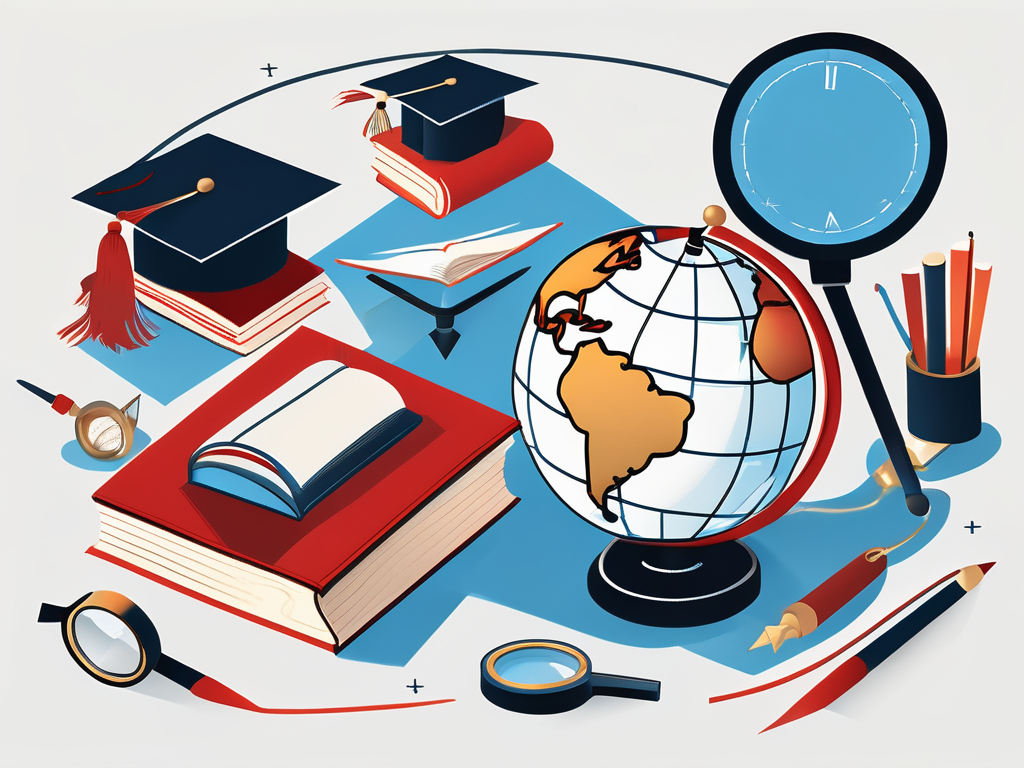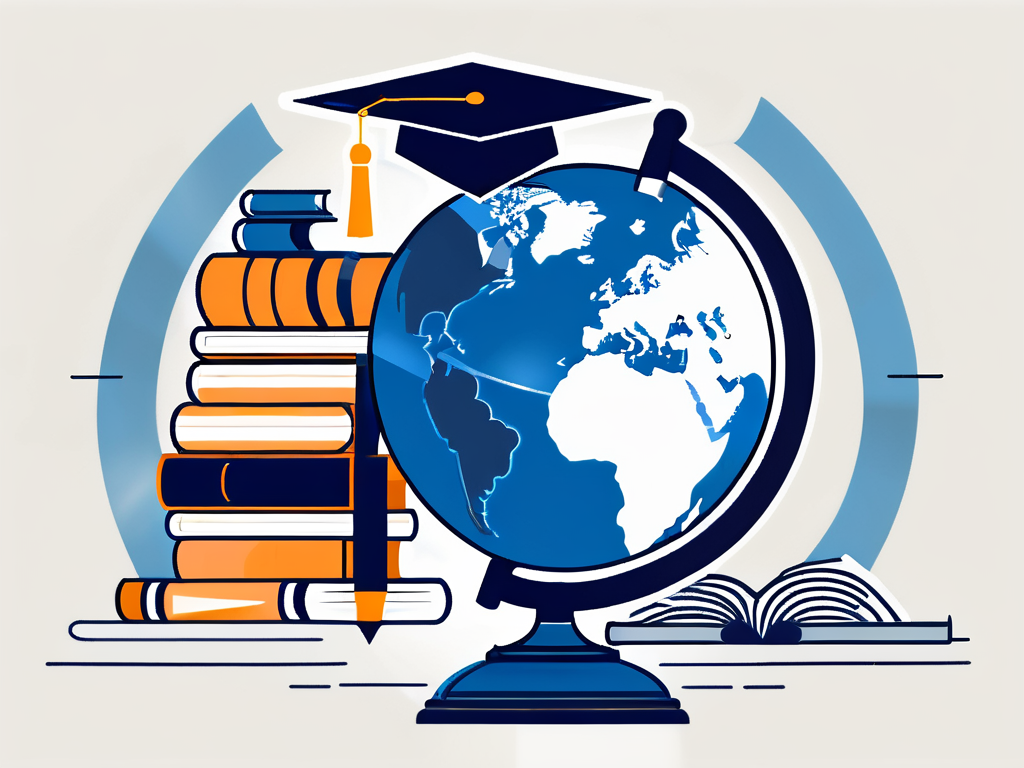
Michel Foucault was an influential French philosopher, social theorist, and historian of ideas, known for his profound influence on many disciplines within the humanities and social sciences. His work has had a significant impact on international education, particularly in the areas of power, knowledge, and discourse. This article will delve into the depths of Foucault’s theories and their relevance to international education.
Understanding Foucault’s ideas can be a complex task, as his theories often challenge conventional wisdom and push the boundaries of traditional thought. However, his concepts are crucial for understanding the dynamics of power and knowledge in educational settings, and how these dynamics shape the experiences of learners in international contexts. Let’s embark on this intellectual journey to explore Foucault’s ideas and their implications for international education.
Biographical Background
Michel Foucault was born on October 15, 1926, in Poitiers, France. He was a bright student and showed a keen interest in philosophy from an early age. After completing his early education, he went on to study philosophy at the prestigious École Normale Supérieure in Paris, where he was influenced by several prominent philosophers of the time.
Throughout his career, Foucault held several academic positions in France and abroad, including at the University of Clermont-Ferrand, the University of Tunis in Tunisia, and the University of California, Berkeley. He passed away on June 25, 1984, leaving behind a rich legacy of philosophical thought that continues to influence various fields of study.
Key Philosophical Ideas
Foucault’s philosophical ideas revolve around the concepts of power, knowledge, and discourse. He argued that power is not just a tool used by those in authority, but a pervasive force that shapes society at all levels. He also contended that knowledge is not neutral, but is shaped by power relations and used as a tool of control.
Discourse, according to Foucault, is a system of thought composed of ideas, attitudes, courses of action, beliefs and practices that systematically construct the subjects and the worlds of which they speak. He believed that discourse not only represents the world, but also serves to shape and change it.
Foucault and International Education
Foucault’s ideas have had a profound impact on international education. His theories of power, knowledge, and discourse have provided a framework for understanding the dynamics of international educational settings and the experiences of learners within these contexts.
International education, as a field of study and practice, involves the movement of people, ideas, and educational practices across national and cultural boundaries. It is deeply intertwined with power relations, knowledge production, and discursive practices, making Foucault’s theories highly relevant.
Power Dynamics in International Education
Foucault’s concept of power is particularly relevant to international education. In this context, power can be seen in the relationships between countries, institutions, educators, and learners. For example, the power dynamics between the ‘global North’ and ‘global South’ can influence the direction of knowledge flow, shaping what is taught and learned in international educational settings.
Power can also be seen in the classroom, in the relationships between teachers and students. Foucault’s idea of ‘disciplinary power’ can help us understand how educational practices and norms can shape students’ behaviour and attitudes, often in subtle and unrecognised ways.
Knowledge Production and International Education
Foucault’s ideas about knowledge are also central to international education. He argued that knowledge is not neutral, but is shaped by power relations. This is evident in international education, where certain types of knowledge are often privileged over others. For example, Western knowledge is often seen as superior and is prioritised in international curricula, while non-Western knowledge is often marginalised.
This has significant implications for learners, as it can shape their understanding of the world and their place in it. It can also reinforce existing power inequalities, as those who control the production and dissemination of knowledge also hold significant power.
Discourse and International Education
Finally, Foucault’s concept of discourse is crucial for understanding international education. Discourse, in this context, refers to the ways in which international education is talked about and understood. It includes the ideas, narratives, and assumptions that shape our understanding of international education and its purpose.
For example, the discourse of ‘global citizenship’ is common in international education. This discourse promotes the idea that international education can create ‘global citizens’ who are knowledgeable about the world, empathetic towards others, and committed to making a positive difference. However, as Foucault would remind us, this discourse is not neutral, but is shaped by power relations and serves certain interests.
Conclusion
Michel Foucault’s ideas provide a powerful lens for understanding international education. His theories of power, knowledge, and discourse offer insights into the dynamics of international educational settings and the experiences of learners within these contexts. By applying Foucault’s ideas, we can gain a deeper understanding of international education and its complexities.

While Foucault’s ideas can be challenging, they invite us to question our assumptions and to see the world in new ways. They remind us that education is not a neutral process, but is deeply intertwined with power relations, knowledge production, and discursive practices. As we continue to explore and engage with international education, Foucault’s ideas offer valuable insights and provocations.
Empower Your Teaching Career with IPGCE
As Michel Foucault’s insights challenge us to rethink the power dynamics in education, take the next step in transforming your role within the international educational landscape. IPGCE offers you the opportunity to overcome the barriers of stringent qualifications, limited career progression, professional isolation, and the need for a deeper understanding of global education systems. By joining the UK’s #1 Teacher Training Course, you’ll be part of an esteemed professional community, enhancing your credentials and unlocking new career heights. With a 50% increase in interview callbacks and a 45% boost in promotion rates reported by iPGCE holders, this Level 7 programme is your gateway to a more connected, adaptable, and rewarding teaching career. Embrace the flexibility of online study and enrich your professional development with IPGCE. Join the UK’s #1 Teacher Training Course and redefine your educational impact.
